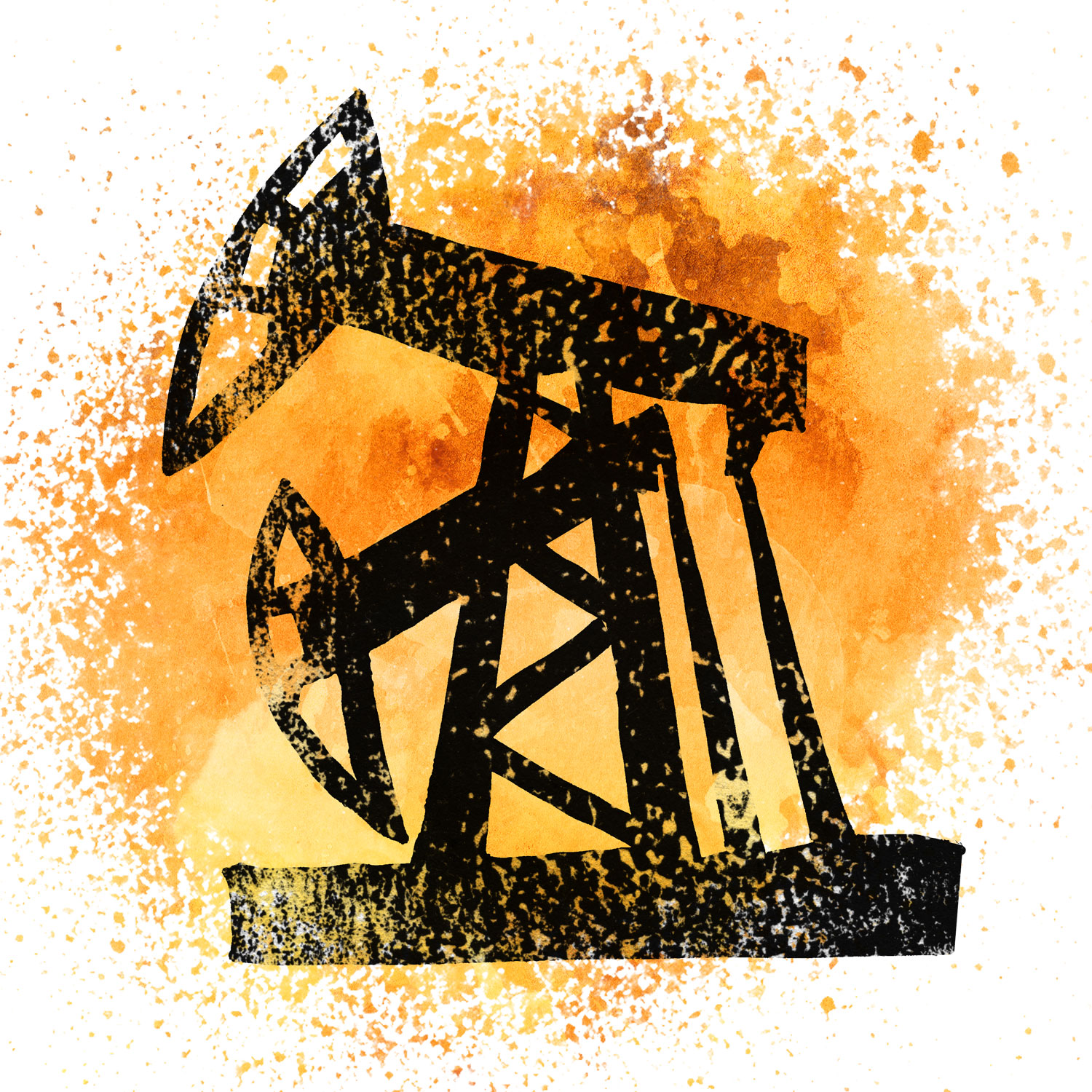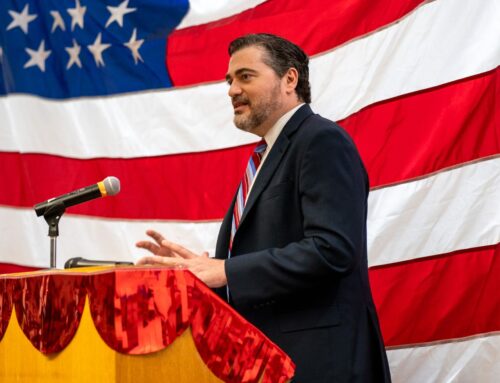Law360 (March 13, 2023, 7:44 PM EDT) —
The Eleventh Circuit declined Monday to revive a Venezuelan state-owned oil company’s bribery suit against an energy trading firm and remand it to see if the U.S. would recognize the legitimacy of its board of directors, appointed by Venezuelan President Nicolás Maduro, ruling “federal courts are not empowered to decide what is consistent with American foreign-policy interests.”
In a unanimous, 13-page published order, the Eleventh Circuit denied appellant PDVSA US Litigation Trust’s bid to reopen its suit alleging bribery, fraud and antitrust violations against the owners of trading firm Helsinge Inc. and several other oil companies that claimed they cost PDVSA billions of dollars by scheming to get insider information about future tenders for the sale and purchase of crude oil before it entered the marketplace.
After a Florida federal judge dismissed the case in 2019 due to lack of standing, PDVSA, whose board was appointed by Maduro, sought to substitute itself as a real party in interest for the state-owned oil company, Petroleos de Venezuela. The U.S. stopped recognizing the Maduro government in 2018.
While the district court said it lacked the authority to grant the Maduro entity’s motion to substitute in the case under the political-question doctrine, the Maduro entity argued on appeal that it didn’t matter which board of directors is authorized to speak for Petroleos de Venezuela. It also sought input from the U.S. Department of State on whether it recognized the legitimacy of the state-owned company, whose board is made up of Maduro appointees.
The entity also asked the Eleventh Circuit to remand the case to allow the district court to conduct further factual inquiry into who might properly represent Petroleos de Venezuela’s interests, suggesting that relations between the U.S. and Maduro’s government were “thawing,” which means that allowing it to litigate in its name may align with American foreign-policy interests.
On Monday, the Eleventh Circuit disagreed and upheld the trial court’s order, finding that the trial court would lack jurisdiction to conduct such an inquiry since “federal courts are not empowered to decide what is consistent with American foreign-policy interests.”
“And even if the Department of State declared today that the Maduro government is authorized to bring suit in Petroleos de Venezuela’s name, we would still affirm because, under Article III, a justiciable case or controversy must exist ‘through all stages of the litigation,’ including ‘at the time the complaint is filed,'” the opinion states.
Monday’s published opinion stems from a suit that PDVSA US Litigation Trust filed in March 2018, using a litigation trust established in America for the purpose to bring the lawsuit. The suit claimed that Helsinge Inc. and its owners Francisco Morillo and Leonardo Baquero, who are Venezuelan nationals, formed additional shell companies that they controlled through Helsinge, which were used to launder bribes between international oil companies and corrupt PDVSA employees.
PDVSA alleged that when its corrupt workers found out about its heavy crude oil supply that was available for sale — which is typically 45 to 60 days before a tender would be issued to the marketplace for bids — they passed along that information to Baquero and Morrillo. The pair then relayed that information to oil companies participating in the scheme, PDVSA alleged.
In March 2019, U.S. District Judge Darrin Gayles dismissed the complaint, finding the assignment of claims in the case was of “questionable authenticity and legality.” Furthermore, even if the assignment could be validated and authenticated, it would violate New York’s champerty law, which bars the assignment of claims for the primary purpose of bringing a lawsuit.
The Eleventh Circuit affirmed dismissal in March 2021, prompting PDVSA to move to be substituted in as a real party in interest to bring the claims itself. But the court denied that substitution motion the following year due to lack of subject matter jurisdiction, which PDVSA appealed.
Earlier this month, the Eleventh Circuit judges heard oral arguments on PDVSA’s request to remand the dispute back to the district court.
The appellant also wanted the district court to seek input from the U.S. Department of State on the political inquiry in the dispute: whether the U.S. government recognizes the legitimacy of the state-owned company, whose board is made up of Maduro appointees.
Former President Donald Trump’s administration had declared Maduro’s government to be illegitimate, but recognized the one established by politician Juan Guaidó. PDVSA argued that since then, the Guaidó-formed government had dissolved and that the current administration led by President Joe Biden began thawing the relationship with the Maduro regime by authorizing some U.S. oil companies to contract with PDVSA to replace blocked Russian oil supplies.
During oral arguments on March 2, the panel didn’t appear to buy that argument, noting the State Department didn’t change its official position on the Maduro government.
On Monday, the Eleventh Circuit judges further rejected the Maduro entity’s argument that it doesn’t matter which board is authorized to speak for the state-owned oil company, pointing out that nobody is disputing that Petroleos de Venezuela is the real party in interest or that there is only one Petroleos de Venezuela entity.
“Instead, the question is whether the Maduro entity had the authority to bring suit in Petroleos de Venezuela’s name,” the opinion states. A company might be an independent juridical entity, but can only speak through its officers and directors, the circuit judges said. Even if the Guaidó-created board might want the same outcome in the case, a party is entitled to decide if and how it wants to litigate, the panel added.
Nor can litigants file placeholder actions to keep a statute of limitations period open while they investigate their claims and track down the appropriate parties, the opinion said.
“No Guaidó-appointed officials have authorized this suit or the Maduro entity’s motion to substitute, nor has any entity they control opted to bring suit itself,” the opinion states. “The district court cannot grant a motion for substitution by an entity that is not authorized to litigate in Petroleos de Venezuela’s name in hopes that the property party will eventually request substitution.”
Representatives for PDVSA and Lukoil Pan Americas LLC did not immediately return inquiries for comment Monday.
U.S. Circuit Judges William H. Pryor Jr. and Stanley Marcus and U.S. District Judge Kathryn Mizelle, sitting by designation from the Middle District of Florida, sat on the panel for the Eleventh Circuit.
PDVSA is represented by George F. Carpinello, Joseph Starsia, Jenna Smith, David Boies, Brooke Alexander, Marshall Dore Louis and David A. Barrett of Boies Schiller Flexner LLP.
The appellees are represented by Quinn Emanuel Urquhart & Sullivan LLP, Reed Smith LLP, Paul Weiss Rifkind Wharton & Garrison LLP, Holland & Knight LLP, Podhurst Orseck PA, Mayer Brown LLP, Akin Gump Strauss Hauer & Feld LLP, Gunster, Hunter Maclean Exley & Dunn PC, Fowler White Burnett PA, Gelber Schachter & Greenberg PA, Susman Godfrey LLP, Mark Migdal & Hayden, Clarke Silverglate PA and Porter Hedges LLP.
The case is PDVSA US Litigation Trust et al. v. Lukoil Pan Americas LLC et al., case number 22-10675, in the U.S. Court of Appeals for the Eleventh Circuit.
–Additional reporting by Carolina Bolado. Editing by Jay Jackson Jr.




